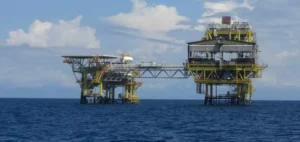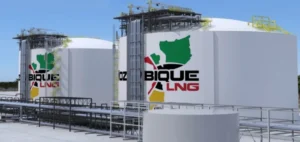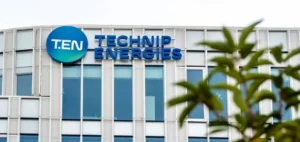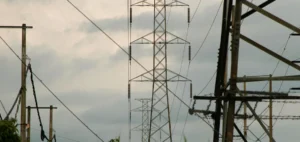Aker Solutions wins new subsea gas compression contract from Chevron Australia.
The company will supply a system for the Jansz-lo field offshore Western Australia.
Aker Solutions equips Chevron Australia for its Jansz-Io field
Aker Solutions to supply Chevron Australia with a subsea gas compression system for the Jansz-lo field.
This is the second subsea gas compression system delivered by Aker Solutions.
Work on the system begins immediately, with delivery scheduled for 2025.
Says Kietel Digre, Managing Director of Aker Solutions:
“This contract confirms our leading position in subsea technology and systems integration.”
Under the contract, Aker Solutions will handle the engineering, procurement and construction of the system.
The company will also be responsible for interface and support during installation and commissioning.
A complex subsea gas compression system
The system will include a complete compressor station with three compressor modules and two subsea pump modules.
Also included are control systems, electrical actuators and a high-voltage power distribution system.
The Jansz-lo gas field is located 200 kilometers off the northwest coast of Western Australia.
It lies at a depth of around 1,400 meters.
This gas field, discovered in April 2000, is part of the Gorgon project operated by Chevron.
Reducing energy consumption
Underwater compression significantly reduces energy consumption and carbon emissions.
In fact, compared with traditional alternatives, subsea compression is a low-carbon solution.
Maria Peralta, Executive Vice President and Director of Aker Solutions’ subsea business recently announced,
“This technology has been a game-changer for the industry, dramatically improving recovery rates, reducing costs.”
The technology typically reduces energy consumption by 20-60% per year.
It also has a much smaller environmental footprint than surface compression platforms.
The subsea solution also enhances system safety.
With less steel and other materials, it reduces health risks.






















